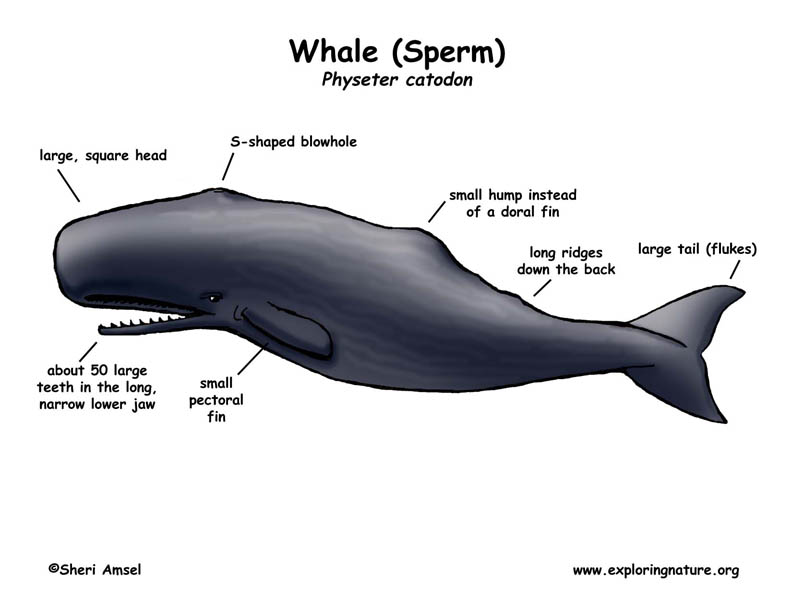The Beruwala police state that a fisherman from the Karadagoda area in Beruwala was arrested early this morning (26th) with approximately 30 kilograms of ambergris (rare whale vomit) valued at around 50 million rupees.
The 43-year-old married individual, engaged in the fishing profession, was arrested at his residence where the ambergris stock was hidden.
A sample of the seized ambergris stock is to be provided to the National Aquatic Resources Research and Development Agency (NARA) of the Department of Fisheries and Aquatic Resources.
The suspect is scheduled to be presented to the Kalutara Magistrate’s Court today (27th).
Ambergris, often referred to as “whale vomit,” is a rare and valuable substance produced by sperm whales. Here’s a detailed explanation:
What is Ambergris?
- Formation and Composition:
- Ambergris is a waxy, solid substance that forms in the intestines of sperm whales. It is believed to be produced to protect the whale’s digestive tract from sharp objects, such as squid beaks.
- Over time, ambergris can be expelled by the whale through defecation or vomiting and then floats on the ocean’s surface or washes ashore.
- Appearance and Characteristics:
- Fresh ambergris has a strong, unpleasant smell, often compared to fecal matter. As it ages and oxidizes, it develops a more complex, pleasant scent, often described as sweet, earthy, and musky.
- It ranges in color from light grey to black and can have a smooth or rough texture.
- Uses:
- Historically and currently, ambergris is highly valued in the perfume industry for its unique scent and as a fixative that helps fragrances last longer.
- It has also been used in traditional medicines and as an aphrodisiac.
Why is Ambergris Illegal?
- Conservation Laws:
- Sperm whales are protected under various international conservation laws, including the Convention on International Trade in Endangered Species of Wild Fauna and Flora (CITES) and the Marine Mammal Protection Act (MMPA).
- The trade, collection, and sale of ambergris are restricted or illegal in many countries to protect sperm whale populations. This includes the United States and Australia, where laws aim to prevent the exploitation of endangered species.
- Ethical Concerns:
- There are ethical concerns surrounding the sourcing of ambergris, as it can incentivize harm or disturbance to sperm whales, even though ambergris is usually found floating in the ocean or on beaches rather than harvested directly from whales.
- Environmental Impact:
- Unregulated harvesting and trade of ambergris can lead to environmental and ecological imbalances. Protecting sperm whales is crucial for maintaining marine ecosystems.
Legal Status and Exceptions:
- In some countries, the trade of ambergris is allowed under strict regulations, especially if it can be proven that the substance was naturally expelled and collected without harming the whale.
- The legality of possessing, selling, or trading ambergris varies widely around the world. It is essential for collectors and traders to be aware of local and international laws to avoid legal repercussions.
In summary, ambergris, or “whale vomit,” is a valuable substance with significant historical and contemporary uses, particularly in perfumery. However, its trade and collection are often illegal due to conservation efforts to protect sperm whales and prevent their exploitation.








